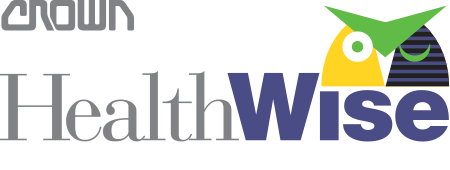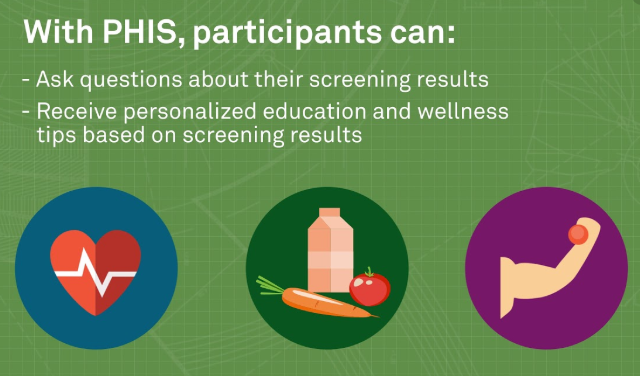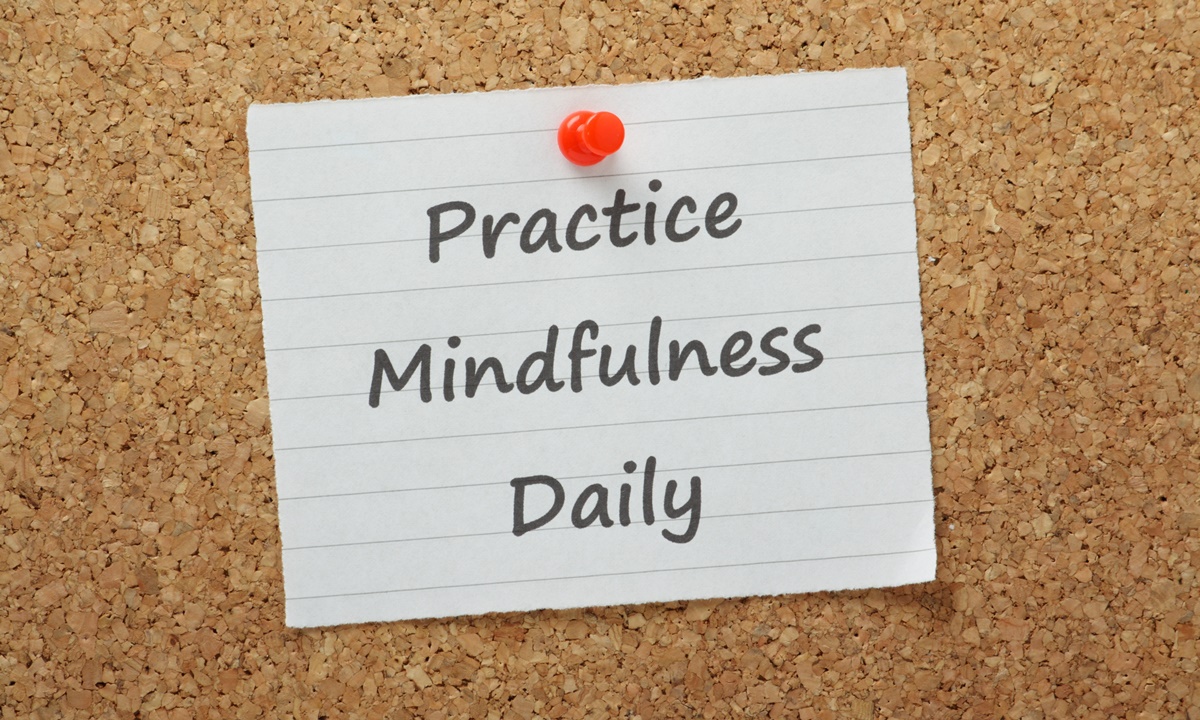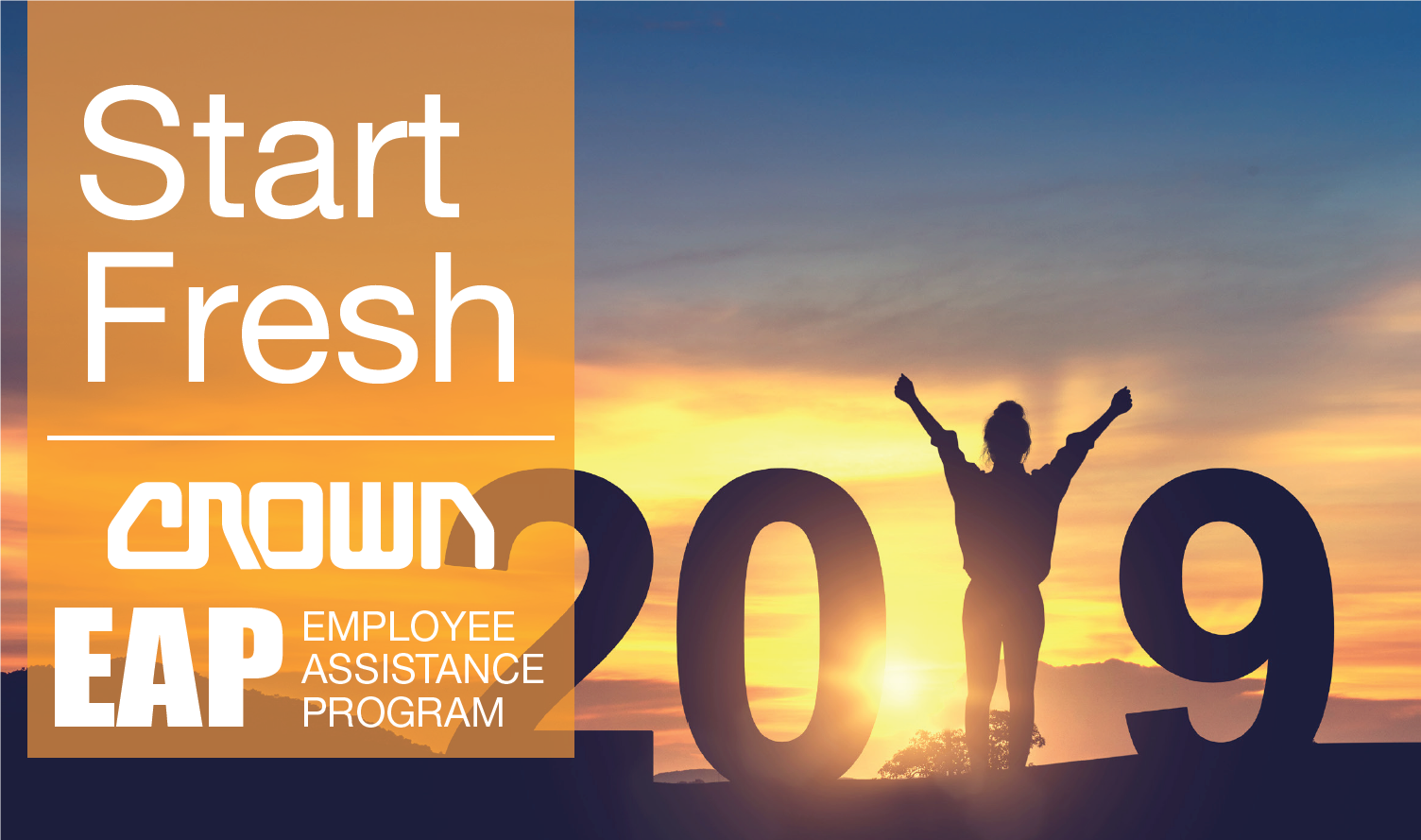
The Centers for Disease Control and Prevention (CDC) recommends a three-step approach to fight the flu:
1. Get Vaccinated
- A flu vaccine is the first and most important step in helping to protect against flu and its potentially serious complications.
- Getting vaccinated may also protect people around you, including those who are more vulnerable, like babies and young children, older adults, and people with certain chronic health conditions.
- Everyone 6 months and older should get a flu vaccine every year.
2. Practice Prevention
- Cover your nose and mouth with a tissue when you cough or sneeze. Throw the tissue in the trash after you use it.
- Wash your hands often with soap and water. If soap and water are not available, use an alcohol-based hand rub.
- Avoid touching your eyes, nose and mouth. Germs spread this way.
3. Treatment
- Antiviral drugs are prescription medicines that can make illness milder and shorten the time you are sick.
- CDC recommends prompt treatment for people who have influenza infection or suspected influenza infection and who are at high risk of serious flu complications.
Visit the CDC website at cdc.gov/flu to learn more about the flu.
Take Charge. Live Well!

 A Physician Health Information Session (PHIS) through PWNHealth and Quest Diagnostics Health & Wellness, is a new option offered this year in the Wellness Screening Program.
A Physician Health Information Session (PHIS) through PWNHealth and Quest Diagnostics Health & Wellness, is a new option offered this year in the Wellness Screening Program.






